Running a small business comes with its own set of challenges, but a properly optimized CRM for small business growth can make a world of difference. With the right CRM strategies, you can simplify operations, build stronger customer relationships, and scale your business effectively. In this article, we’ll explore actionable steps to help you maximize your CRM system’s potential.
Why CRM is Essential for Small Businesses
Customer relationships are the backbone of any small business. A robust CRM for small business growth doesn’t just organize customer data; it empowers you to work smarter by:
- Streamlining communication and lead tracking.
- Providing insights for better decision-making.
- Enabling personalized customer interactions.
For example, using tools like Zoho CRM or HubSpot CRM can revolutionize how small businesses manage their customer relationships.
Steps to Optimize Your CRM for Growth
1. Select the Right CRM Tool
Not all CRMs are created equal. Choose a system tailored to small business needs:
- Integration Features: Ensure it works seamlessly with email and accounting software.
- Mobile-Friendly Design: For updates on the go.
- Customizable Dashboards: Adapt your CRM to track the metrics that matter most to you.
For more insights on CRM selection, check out our blog on How to Choose the Right CRM for Your Business.
2. Train Your Team for Success
Even the best CRM for small business growth won’t be effective without team buy-in.
- Offer comprehensive training sessions.
- Highlight automation features to simplify workflows.
- Provide ongoing support to address challenges.
3. Automate Repetitive Tasks
Automation is a game-changer for small businesses. Use your CRM to:
- Automatically send follow-up emails to leads.
- Schedule reminders for client check-ins.
- Generate reports for analyzing sales performance.
Learn how automation can enhance customer engagement in our article on CRM and Customer Retention.
4. Use Metrics to Track Success
Your CRM isn’t just a tool—it’s a goldmine of data. Keep an eye on these key performance indicators (KPIs):
- Lead Conversion Rates: How many leads turn into paying customers?
- Customer Retention Rates: Are your customers coming back?
- Sales Cycle Length: How quickly are deals closing?
Case Studies: Small Businesses Thriving with CRM
The Coffee Corner: A small café used a CRM to track customer preferences and send personalized offers. This strategy increased repeat visits by 20%.
Creative Studios: A design agency automated their follow-up emails, cutting response times by 50% and closing more deals.
The Future of CRM for Small Business Growth
Technology is constantly evolving, and so is CRM. Stay ahead by exploring emerging trends such as:
- AI Insights: Predict customer behavior to offer proactive solutions.
- Voice-Activated Features: Update customer records hands-free.
- Social Media Integration: Manage customer engagement across platforms from your CRM.
An optimized CRM for small business growth is more than just software—it’s a strategy. By choosing the right system, leveraging automation, and focusing on customer relationships, you can set your business up for success.
Ready to grow your business? Explore how CRM can transform your operations and help you achieve your goals.


